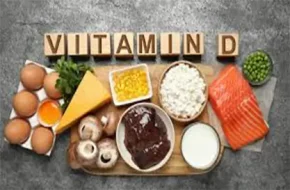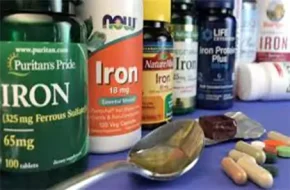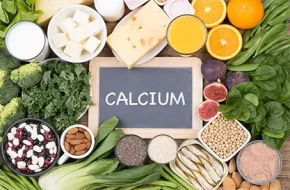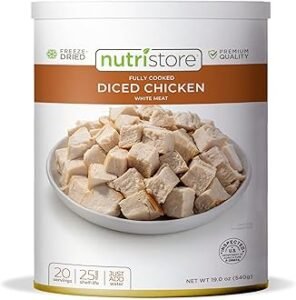Vitamins & Minerals
peaknizer2024-10-29T15:13:52+00:00


Vitamin D is vital for overall health, particularly for bone and immune health. It’s important to ensure you get enough from sunlight, diet, or supplements as needed.
Bone Health
Immune Function
Supplements

Iron is essential for overall health, particularly for energy production and oxygen transport. Ensuring adequate intake through diet or supplements when necessary is important for maintaining good health.
Energy Production
Essential Mineral
Heme Iron








Violife Just Like Cheddar Shreds Shredded Cheese, Dairy-Free Vegan 8 oz Bag
MorningStar Farms Original Chik'n Patties, Vegan Plant Based Protein, 8 Count (Frozen)
Orgain Vegan Organic Greens & 50 Superfoods Powder- 1B Probiotics, Original Flavo
Fresh Celery Sticks, 20 oz Bag
Tate's Bake Shop Gluten Free Chocolate Chip Cookies, Gluten Free Cookies, 7 oz
Wendy's Chili No Beans, Canned Chili
Vitamins are organic compounds that are crucial for normal growth, metabolism, and overall health. They are typically classified into two categories:
Water-Soluble Vitamins:
- Vitamin C: Important for immune function, skin health, and antioxidant protection.
- B Vitamins: Includes B1 (thiamine), B2 (riboflavin), B3 (niacin), B5 (pantothenic acid), B6 (pyridoxine), B7 (biotin), B9 (folate), and B12 (cobalamin). These vitamins are involved in energy metabolism, brain function, and red blood cell formation.
Fat-Soluble Vitamins:
- Vitamin A: Essential for vision, immune function, and skin health.
- Vitamin D: Important for bone health and calcium absorption; synthesized by the body through sunlight exposure.
- Vitamin E: Acts as an antioxidant, protecting cells from damage.
- Vitamin K: Crucial for blood clotting and bone health.
Minerals
Minerals are inorganic elements that are necessary for various physiological functions. They are divided into two categories:
Macro Minerals (needed in larger amounts):
- Calcium: Essential for bone health, muscle function, and nerve signaling.
- Potassium: Important for maintaining fluid balance, nerve function, and muscle contractions.
- Magnesium: Involved in over 300 biochemical reactions, including muscle and nerve function, blood glucose control, and bone health.
- Sodium: Necessary for fluid balance and nerve transmission.
Trace Minerals (needed in smaller amounts):
- Iron: Vital for oxygen transport in the blood and energy metabolism.
- Zinc: Important for immune function, wound healing, and DNA synthesis.
- Copper: Involved in iron metabolism and the formation of red blood cells.
- Selenium: Acts as an antioxidant and supports thyroid function.




































